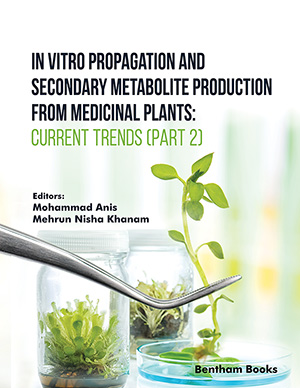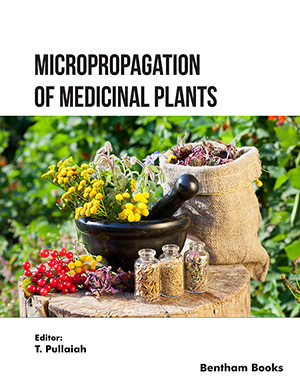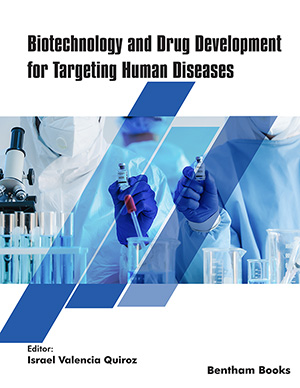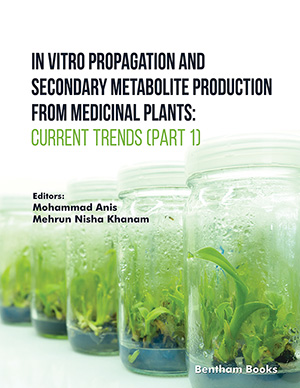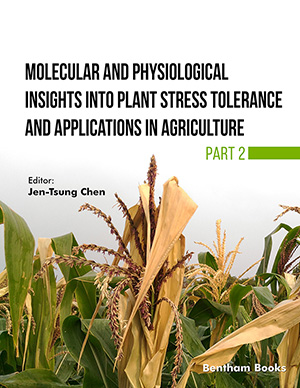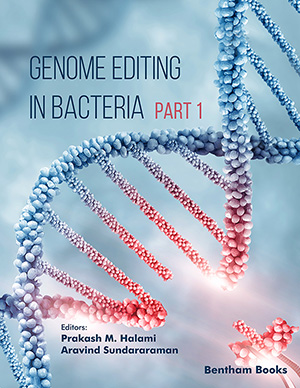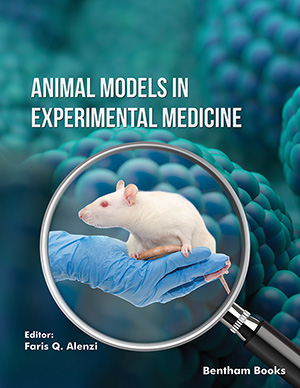Abstract
The formation of amyloid fibrils are thought to contribute to pathogenesis of many amyloids associated human diseases. Here the impact of curcumin on amyloid formation of human serum albumin (HSA) was studied. Incubation of HSA at 68°C under physiologic pH led to amyloid fibril formation. Thioflavin T (ThT) fluorescence was used for determination of amyloid fibril formation. Atomic force microscopy experiments indicated different fibril structure of HSA incubated with or without curcumin. The monitoring of the changes in reactive oxygen species (ROS) levels upon incubation of curcumin with HSA showed a significant decrease in ROS levels. Similar experiments were also carried out in the presence of aflatoxin M1 (AFM1) and lead (Pb) ions. Our results indicated that AFM1 and Pb ions promote the fibrillation of HSA and accelerate ROS production, which were inhibited in the presence of curcumin. Thus, curcumin mitigates protein fibrillation activity and diminishes ROS generation.
Keywords: Aflatoxin M1, curcumin, fibrillation, HSA, lead ions, ROS.
Protein & Peptide Letters
Title:Curcumin Mitigates the Fibrillation of Human Serum Albumin and Diminishes the Formation of Reactive Oxygen Species
Volume: 22 Issue: 4
Author(s): Mansooreh Mazaheri, Ali Akbar Moosavi-Movahedi, Ali Akbar Saboury, Mehran Habibi Rezaei, Mostafa Shourian, Mohammad Farhadi and Nader Sheibani
Affiliation:
Keywords: Aflatoxin M1, curcumin, fibrillation, HSA, lead ions, ROS.
Abstract: The formation of amyloid fibrils are thought to contribute to pathogenesis of many amyloids associated human diseases. Here the impact of curcumin on amyloid formation of human serum albumin (HSA) was studied. Incubation of HSA at 68°C under physiologic pH led to amyloid fibril formation. Thioflavin T (ThT) fluorescence was used for determination of amyloid fibril formation. Atomic force microscopy experiments indicated different fibril structure of HSA incubated with or without curcumin. The monitoring of the changes in reactive oxygen species (ROS) levels upon incubation of curcumin with HSA showed a significant decrease in ROS levels. Similar experiments were also carried out in the presence of aflatoxin M1 (AFM1) and lead (Pb) ions. Our results indicated that AFM1 and Pb ions promote the fibrillation of HSA and accelerate ROS production, which were inhibited in the presence of curcumin. Thus, curcumin mitigates protein fibrillation activity and diminishes ROS generation.
Export Options
About this article
Cite this article as:
Mazaheri Mansooreh, Moosavi-Movahedi Akbar Ali, Saboury Akbar Ali, Rezaei Habibi Mehran, Shourian Mostafa, Farhadi Mohammad and Sheibani Nader, Curcumin Mitigates the Fibrillation of Human Serum Albumin and Diminishes the Formation of Reactive Oxygen Species, Protein & Peptide Letters 2015; 22 (4) . https://dx.doi.org/10.2174/0929866522666150209150004
| DOI https://dx.doi.org/10.2174/0929866522666150209150004 |
Print ISSN 0929-8665 |
| Publisher Name Bentham Science Publisher |
Online ISSN 1875-5305 |
 24
24 2
2
- Author Guidelines
- Graphical Abstracts
- Fabricating and Stating False Information
- Research Misconduct
- Post Publication Discussions and Corrections
- Publishing Ethics and Rectitude
- Increase Visibility of Your Article
- Archiving Policies
- Peer Review Workflow
- Order Your Article Before Print
- Promote Your Article
- Manuscript Transfer Facility
- Editorial Policies
- Allegations from Whistleblowers
Related Articles
-
Forodesine (BCX-1777, Immucillin H) - A New Purine Nucleoside Analogue: Mechanism of Action and Potential Clinical Application
Mini-Reviews in Medicinal Chemistry Antioxidant and Anti-inflammatory Properties of Yttrium Oxide Nanoparticles: New Insights into Alleviating Diabetes
Current Diabetes Reviews Inflammation and Innate Immune Response Against Viral Infections in Marine Fish
Current Pharmaceutical Design Induced Pluripotent Stem Cell-Based Studies of Parkinson's Disease: Challenges and Promises
CNS & Neurological Disorders - Drug Targets Integrating Care for Older Adults with Cognitive Impairment
Current Alzheimer Research Bioactive Compounds Containing Benzoxadiazole, Benzothiadiazole, Benzotriazole
Current Bioactive Compounds Molecular Mechanisms, Emerging Etiological Insights and Models to Test Potential Therapeutic Interventions in Alzheimers Disease
Current Alzheimer Research Recent Advances in Fluorescent Probes for Monitoring of Hydrogen Sulfide
Current Medicinal Chemistry Neuroprotective Effects of Intravenous Anesthetics: A New Critical Perspective
Current Pharmaceutical Design Classical Neurotransmitters and Neuropeptides Involved in Major Depression in a Multi-neurotransmitter System: A Focus on Antidepressant Drugs
Current Medicinal Chemistry Recent Advances in Protein and Peptide Drug Delivery: A Special Emphasis on Polymeric Nanoparticles
Protein & Peptide Letters The Development of Epigenetics and Related Inhibitors for Targeted Drug Design in Cancer Therapy
Current Topics in Medicinal Chemistry Triiodothyronine (T3) Effects on Cardiovascular System in Patients with Heart Failure
Recent Patents on Cardiovascular Drug Discovery The Role of the Oxysterol/EBI2 Pathway in the Immune and Central Nervous Systems
Current Drug Targets The Importance of Melatonin and Mitochondria Interaction in Mood Disorders and Schizophrenia: A Current Assessment
Current Medicinal Chemistry Opiate Addiction Therapies and HIV-1 Tat: Interactive Effects on Glial [Ca<sup>2+</sup>]<sub>i</sub>, Oxyradical and Neuroinflammatory Chemokine Production and Correlative Neurotoxicity
Current HIV Research Doing the Puzzle of Steroid Hormone Action: Biological Functions, Physiological and Clinical Significance of Plasma Membrane-Residing Glucocorticoid Recognizing Proteins
Immunology, Endocrine & Metabolic Agents in Medicinal Chemistry (Discontinued) Interplay between Catalysts and Substrates for Activity of Class Ib Aminoacyl-tRNA Synthetases and Implications for Pharmacology
Current Topics in Medicinal Chemistry Elevated Testosterone Level and Urine Scent Marking in Male 5xFAD Alzheimer Model Mice
Current Alzheimer Research Bigger Influence by Smaller Particles in Tactile-Visual Cross-Modal Roughness Perception of Fine Surface
Neuroscience and Biomedical Engineering (Discontinued)


















